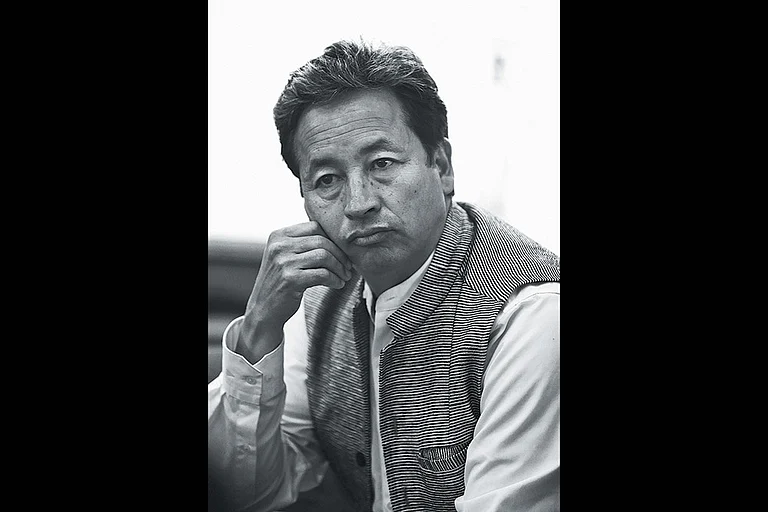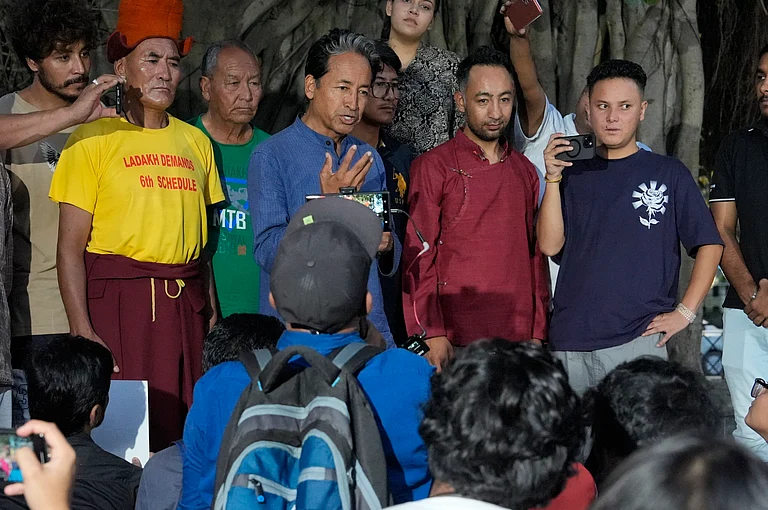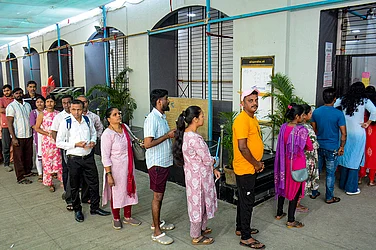
The Supreme Court will hear a petition today filed by Sonam Wangchuk’s wife, challenging his detention under the National Security Act (NSA).
The plea alleges procedural lapses and questions the legality of the Leh administration’s detention order and subsequent transfer of Wangchuk to a Rajasthan jail.
The case has drawn national attention, reigniting debate over the use of preventive detention laws against activists and environmental campaigners.
The Supreme Court is set to hear a petition on Tuesday challenging the detention of Ladakh-based climate activist and education reformer Sonam Wangchuk under the National Security Act (NSA), 1980.
The plea, filed by Wangchuk’s wife Gitanjali J. Angmo, questions the legality of his detention and alleges procedural lapses by the administration. It urges the apex court to review whether due process was followed in invoking the stringent preventive detention law.
A bench of Justices Aravind Kumar and N.V. Anjaria will take up the matter for hearing. Earlier, the court had permitted Angmo’s counsel to amend the petition after the Centre and the Ladakh administration submitted copies of the detention order and its grounds.
According to officials, Wangchuk was detained under the NSA by the Leh district administration and later transferred to a jail in Rajasthan. Authorities claim that he was informed of the grounds for his detention within the stipulated time frame mandated under Section 8 of the Act.
However, the petition contends that the detention order is arbitrary and unconstitutional, asserting that the communication of the grounds was neither adequate nor timely.
Wangchuk, known globally for his work on sustainable development and education reform in Ladakh, has been vocal in recent months about issues of environmental degradation and political disenfranchisement in the Union Territory following its reorganization in 2019.
The Supreme Court’s hearing today will determine the next steps in a case that has drawn widespread public attention and reignited debate over the use of preventive detention laws against activists.


























